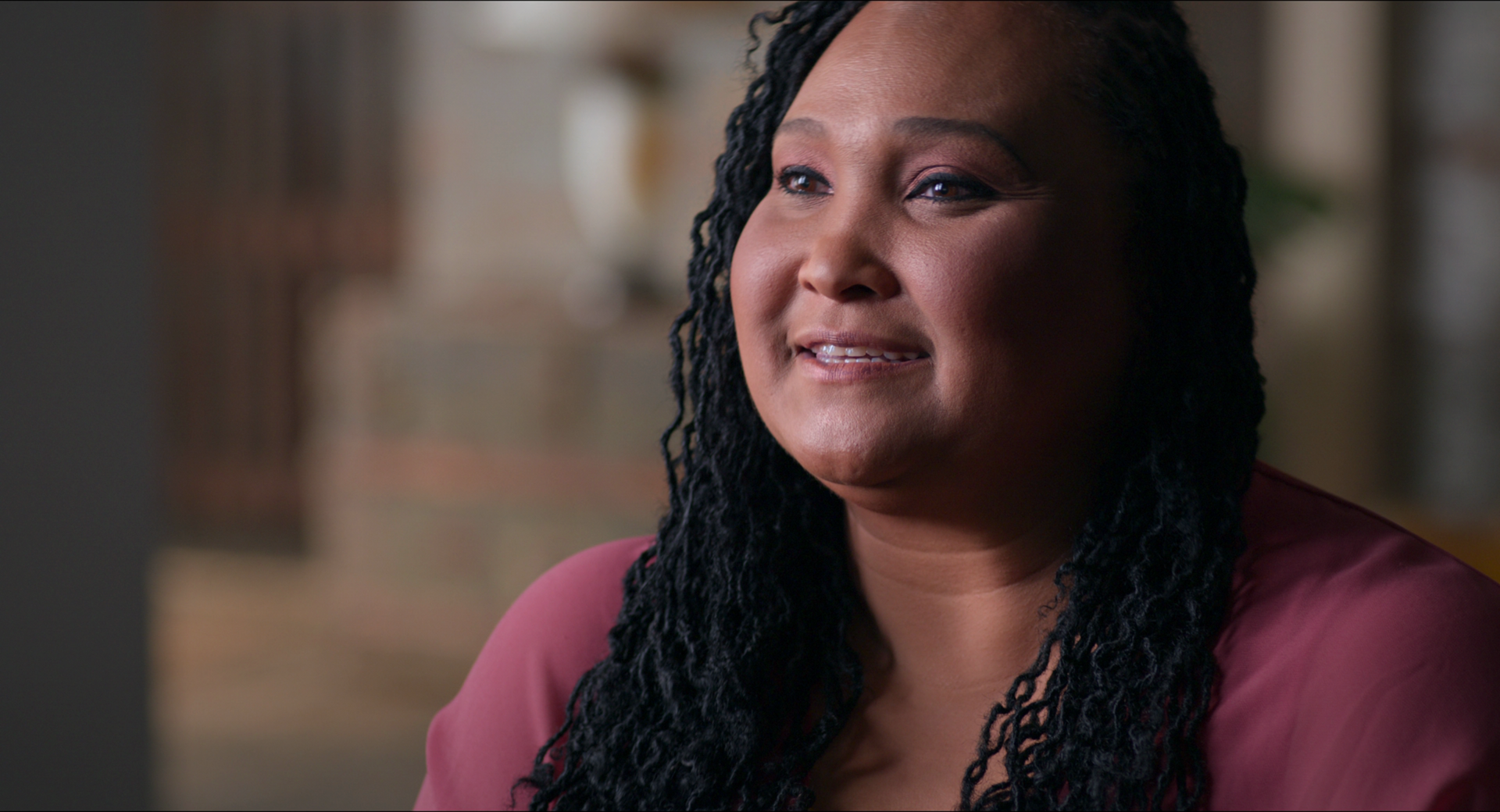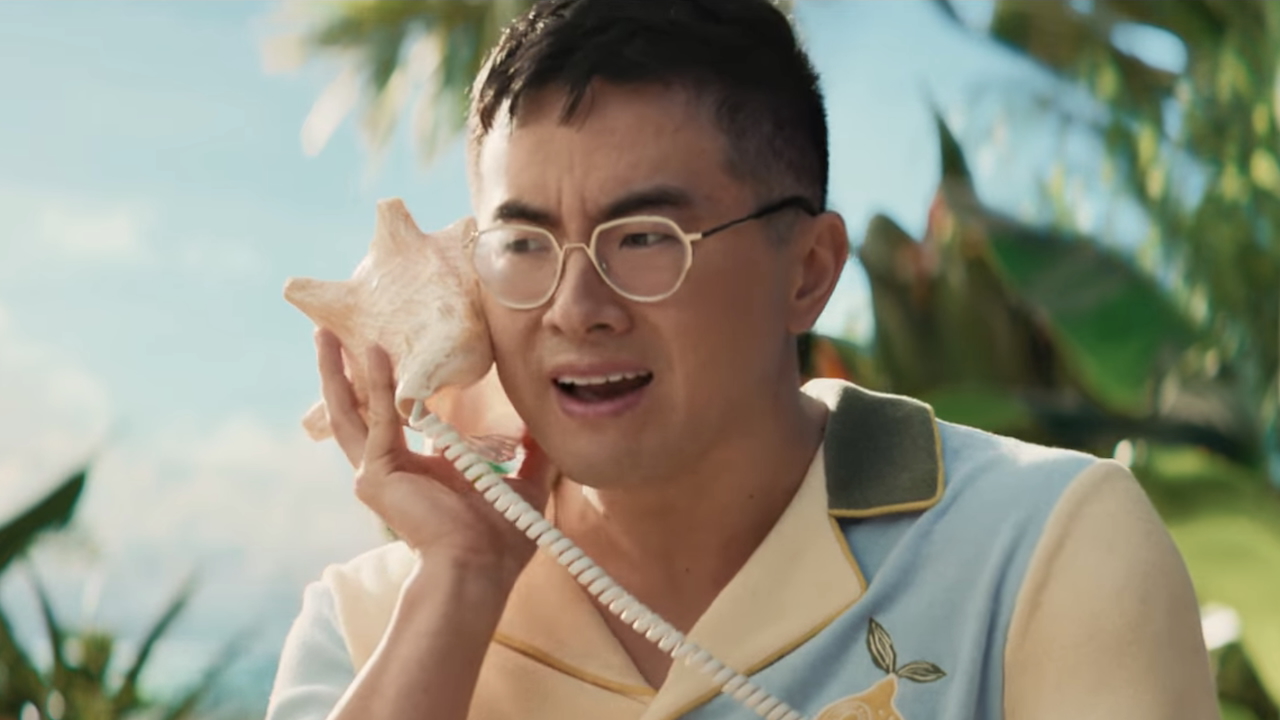How Muhammad Ali And Malcolm X’s Families Influenced Netflix’s Blood Brothers Documentary

Your Daily Blend of Entertainment News
You are now subscribed
Your newsletter sign-up was successful
Documentaries give us the truth. We turn them on because there’s something we’re interested in that we want to learn more about. Blood Brothers: Malcolm X & Muhammad Ali is no exception, and as it centers on two people that are sadly no longer with us, the film relies heavily on Muhammad Ali and Malcolm X’s own words. Beyond that, the family members of these men were available to the filmmakers, influencing the authenticity of the storytelling.
Director Marcus A. Clarke was able to speak with many of Malcolm X and Muhammad Ali’s relatives while making the documentary, and their input was invaluable. Interviews with these relatives as well as friends of Muhammad Ali and Malcolm X are incorporated in the film. Here’s what Clarke told CinemaBlend of the contributions to the film from the families:
The contributions of the family were a big part of the film on both sides. We have Maryum Ali and Hana Ali, daughters of Muhammad Ali, and Ilyasah Shabazz, daughter of Malcolm X. And I think one of the truly kind of revelatory things that comes out of Blood Brothers is that the story doesn't end with Malcolm X's assassination. A lot of people think they know how the story ends. ‘Well, Malcolm X was assassinated.’ That's true, but the story of their friendship and kind of the bond, the love, and the lingering commitment to each other, it doesn't end with Malcolm X’s assassination.
Blood Brothers: Malcolm X & Muhammad Ali brings many details to light, perhaps the most prominent being the clarification that Malcolm X did not introduce Muhammad Ali to the Nation of Islam. But another revelation, as director Marcus A. Clarke pointed out, is that there’s so much more to the story. Over the years, many have believed that Muhammad Ali and Malcolm X were once friends, had a very public falling out, became enemies, and then Malcolm X died. But that’s not where the story ends at all, and we have first-hand accounts from family members to thank for that. Clarke continued with the following:
In fact, through conversations with the family, particularly Ilyasah Shahbaz, we learn that Muhammad Ali later in his life reached out to the Shahbaz family, reached out to the daughters of Malcolm X, and formed a relationship, a really strong bond. Ilyasah Shabaz describes this relationship, as does some of the archival material we have with Attallah Shabazz, the eldest daughter of Malcolm X. And so Muhammad Ali really extended himself to them and became a figure in their life. And as Ilyasah mentions in the film, she feels that it's very possible that he felt like he owed it to Malcolm over all these years, after all these years after his assassination there was still a love there, there was still a bond and a commitment. And I think that's something that people really don't know that came out of the interviews with the families.
It’s been said time and time again that there are two sides to every story. In this case, it goes beyond Malcolm X’s side and Muhammad Ali’s side. There’s the story presented to the media that later became a believed part of history, and then there’s the truth. Get all the facts about what really happened by watching Blood Brothers: Malcolm X & Muhammad Ali, now streaming on Netflix.
Your Daily Blend of Entertainment News
Obsessed with Hamilton and most things Disney. Gets too attached to TV show characters. Loves a good thriller, but will only tolerate so much blood.

